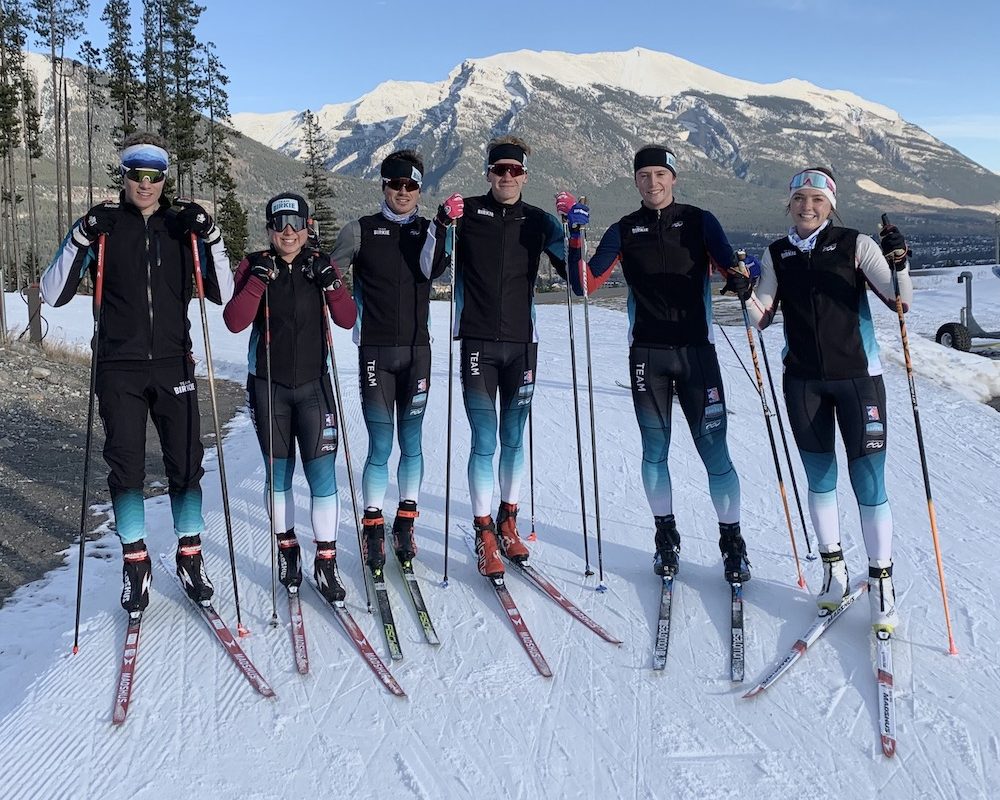Editor's Note: FasterSkier.com is primarily a cross-country ski news source. However, we are providing coverage of the current doping issues at the Tour de France. As our readers know all to well, the use of banned substances is a significant issue in international cross-country ski racing. The events at the Tour provide insight into the current state of cheating in sport, and serve to remind us that this issue remains one of the largest challenges facing the international cross-country community.
Kazakh rider and fan favorite Alexandre Vinokourov tested positive for blood doping following last Saturday’s Tour de France time trial. He has been suspended by his team, Astana, and the team has withdrawn from the Tour.
Vinokourov, affectionately known as Vino, was a favorite coming into the Tour. He rebounded from a bad crash that left him with 30 stitches on his knees, to battle back into contention, only to drop back in a brutal 14th stage on Monday. He went on to win the following stage, but was too far back to challenge for the overall lead.
Vinokourov has maintained his innocence, claiming that his positive test for homologous blood doping was due to his severe crash earlier in the race. American Tyler Hamilton was found to have participated in this form of doping in 2004, and members of the Austrian cross-country ski team were under suspicion at the Salt Lake City Olympics when blood transfusion equipment was found in their rooms. Hamilton was banned from cycling for two years, while the skiers were never charged.
When doping in this fashion, athletes add another person’s blood to their own, through a transfusion. This increases the amount of hemoglobin, and therefore the ability of the body to transport oxygen to the muscles. The test looks for red blood cells that are foreign to the athlete.
Homologous doping (and the similar analogous doping — when athletes donate their own blood at an earlier date, and later add it back) is thought to be making a comeback as the efficacy of testing for EPO and similar synthetic substances has increased.
The withdrawal of the Astana team means that Andreas Kloeden of Germany, who had been fifth, and Kazakh Andrey Kashechkin, who had been eighth are no longer competing. Vinokourov feels he has been targeted saying “It's been going on for months and today they're managing to demolish me. The setting up of our team made a lot of people jealous and now we're paying the price. It's a shame to leave the Tour this way, but I don't want to waste time in proving my innocence.”
VeloNews has an excellent article detailing homologous blood doping and the test that identifies it here.
Recent Related Articles on FasterSkier:
Continued coverage: German rider Tests positive at Tour de France, German Television stations suspend coverage
Tour de France leader Rasmussen dropped from Danish National Team
Ex-cyclist levels doping charges at Rasmussen




